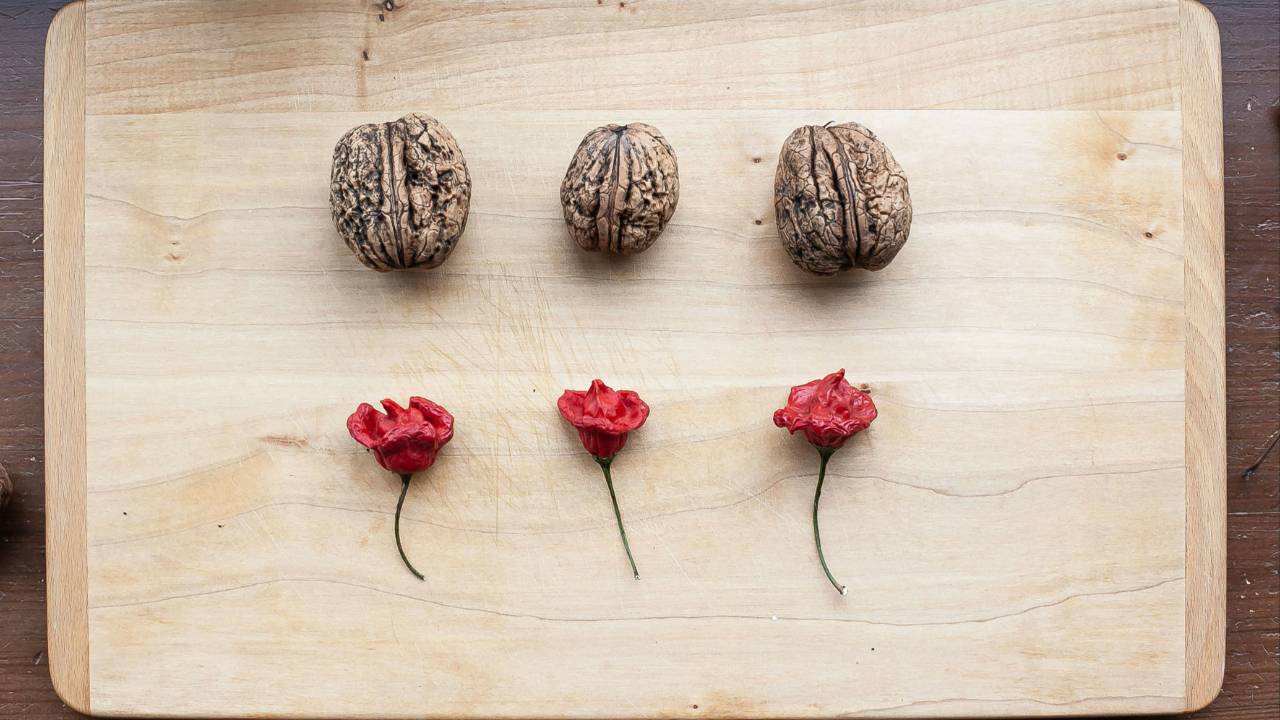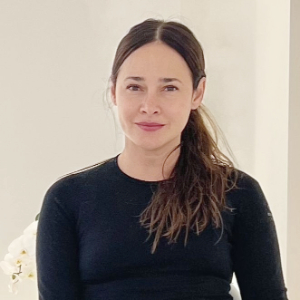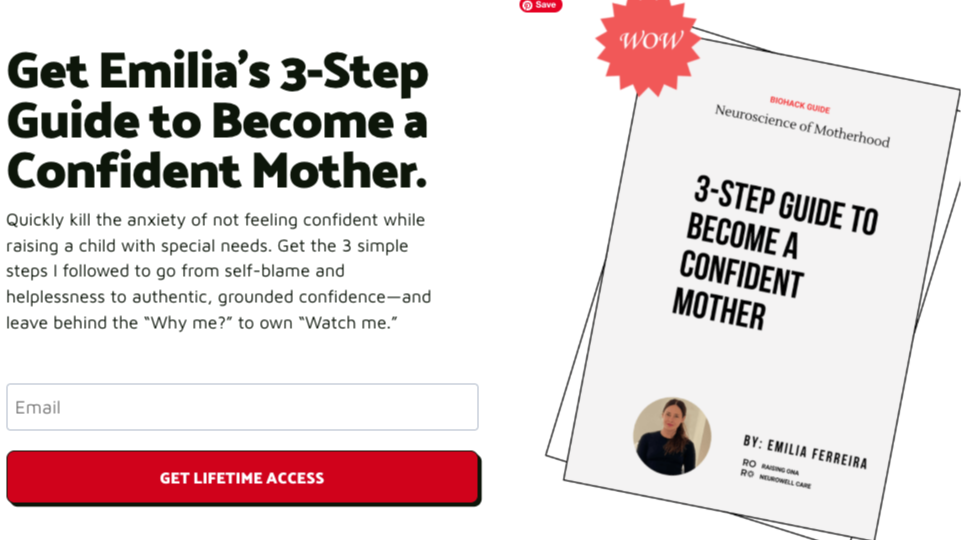
The Mother-Teenage Brain
You know, the brain, in its infinite, unglamorous complexity, is never static.
But there’s a particular phase—let’s call it the mother-teenage brain—where everything seems to stretch and split and loop back in on itself, like some architectural sketch mid-draft, lines redrawn over older lines, a structure not yet settled into the dignity of itself.
It mimics adolescence not just in chaos but in intention. Like the teenage years, it’s not malfunction—it’s renovation.

Synaptic pruning. Dopamine recalibration. A rebalancing of the emotional scales. A shift in default mode networks.
It’s the body's attempt to reorganize the self for a task it cannot possibly predict: the future you are now becoming.
And this—this—is what no one tells you when you enter the sacred initiation of caregiving: your brain is not just responding. It’s becoming.
The frontal cortex, that old seat of judgment and choice, begins to question its own architecture.
The limbic system, suddenly louder, demands your attention with adolescent urgency—heartache, elation, fury, fear. Your neurobiology rewires itself, not out of dysfunction, but to hold what it never had to hold before: the paradox of motherhood.
Of radical love.
Of loss.
Of vigilance and surrender, at the exact same time.
You start to feel foreign in your own body—not because you are lost, but because you are becoming a territory unmapped.

An edge-dweller. Both prehistoric and futuristic. Your oxytocin surges like tribal drums, tethering you to a child whose needs reorder time.
Cortisol floods like wildfire, scanning for threats invisible to others. You forget what you looked like before.
You forget what stillness felt like.
But this isn’t erosion. This is metamorphosis.
In most ancient cultures, the woman who walked this path was not seen as frail. She was feared.
Revered.
Trusted to speak with the ancestors.
Because once the brain crosses this threshold, it doesn’t go back. It grows denser in empathy. Wilder in intuition.
More precise in pattern-recognition. The adolescent phase of the mother’s brain is not dysfunction—it’s emergence.
So if you feel fragmented, undone, like you don’t recognize your thoughts anymore, know this:
You are not breaking down.
You are becoming.



